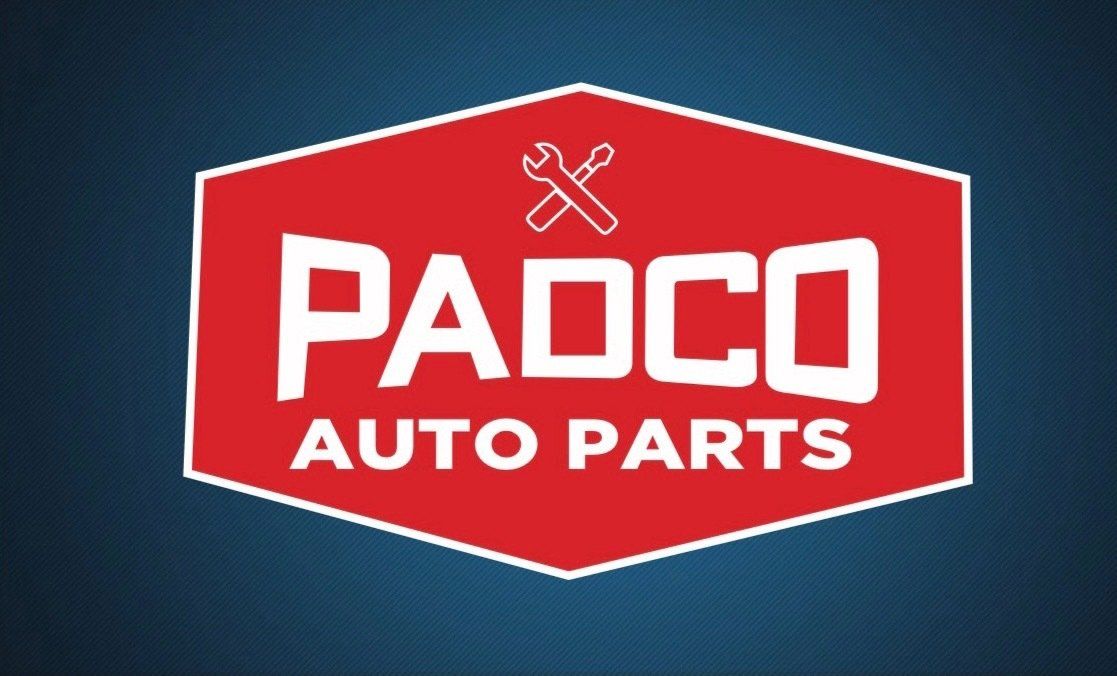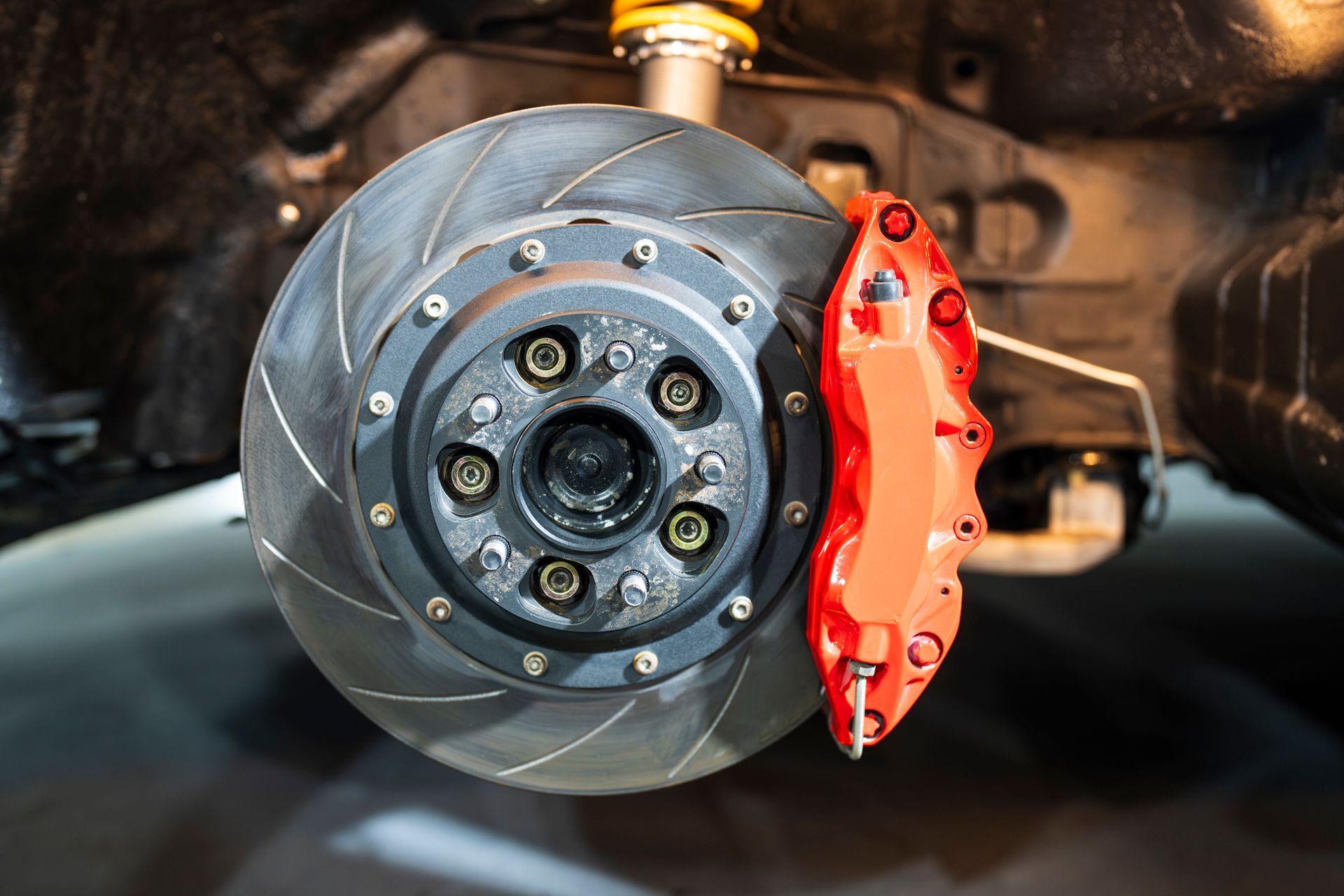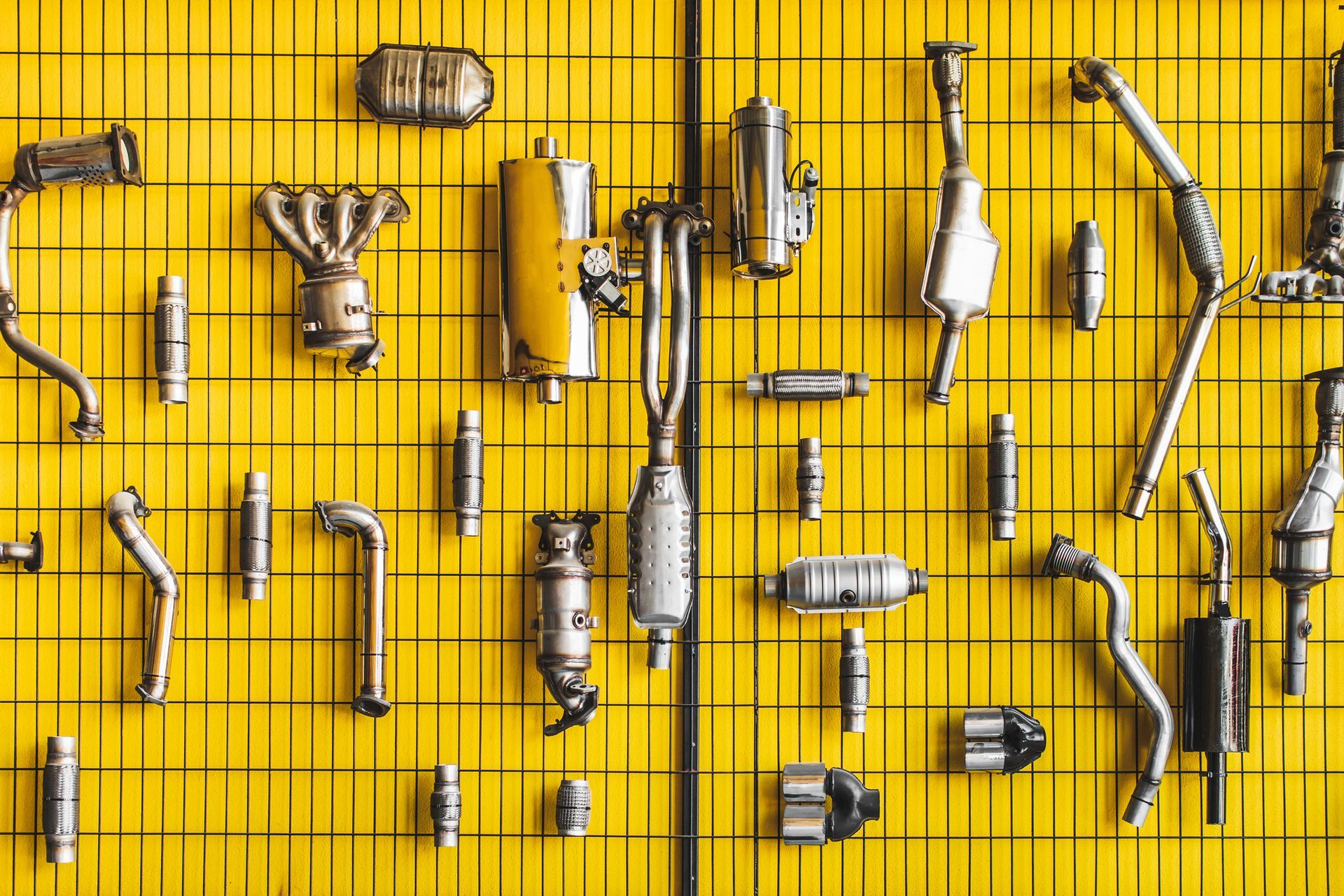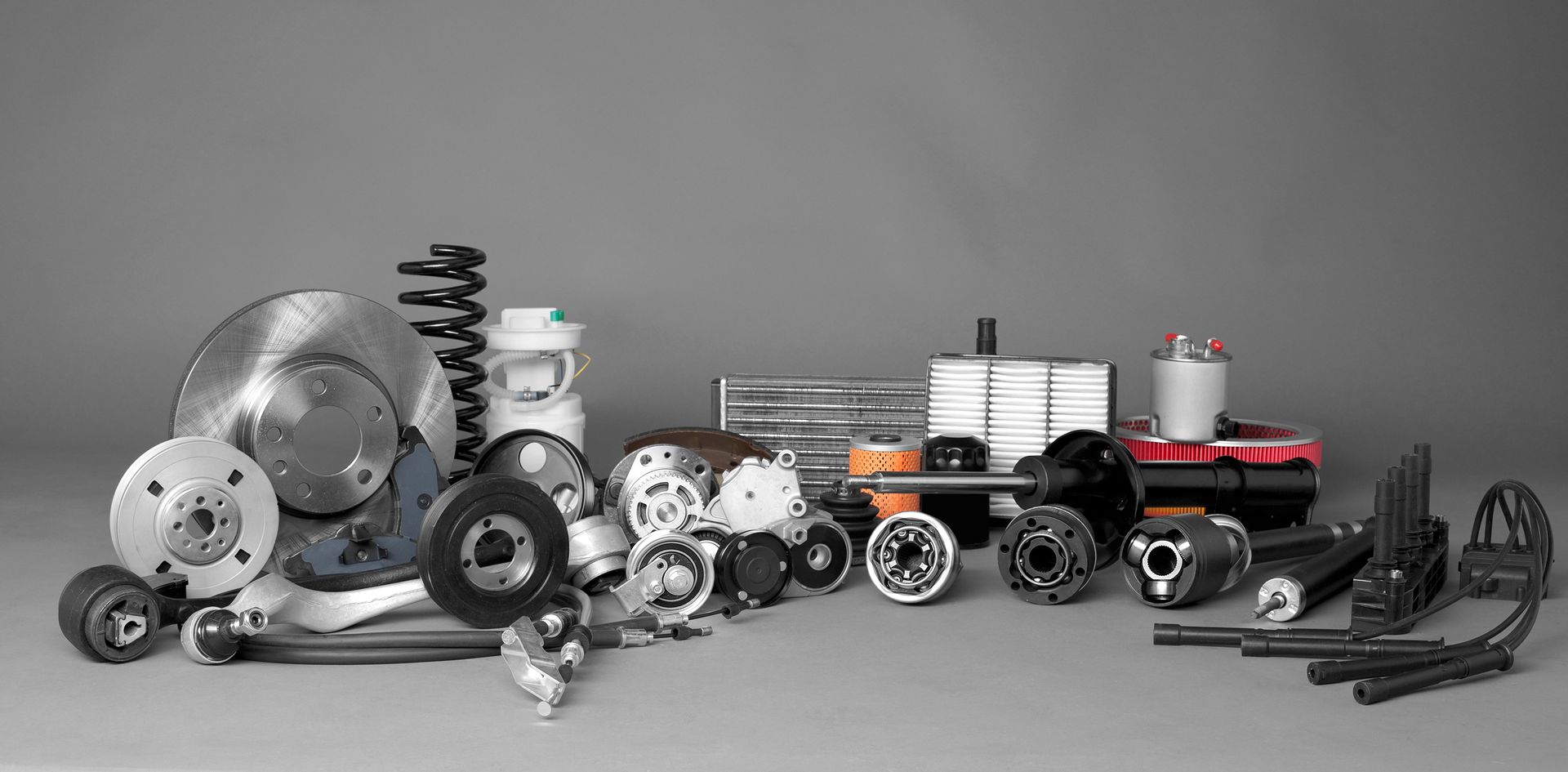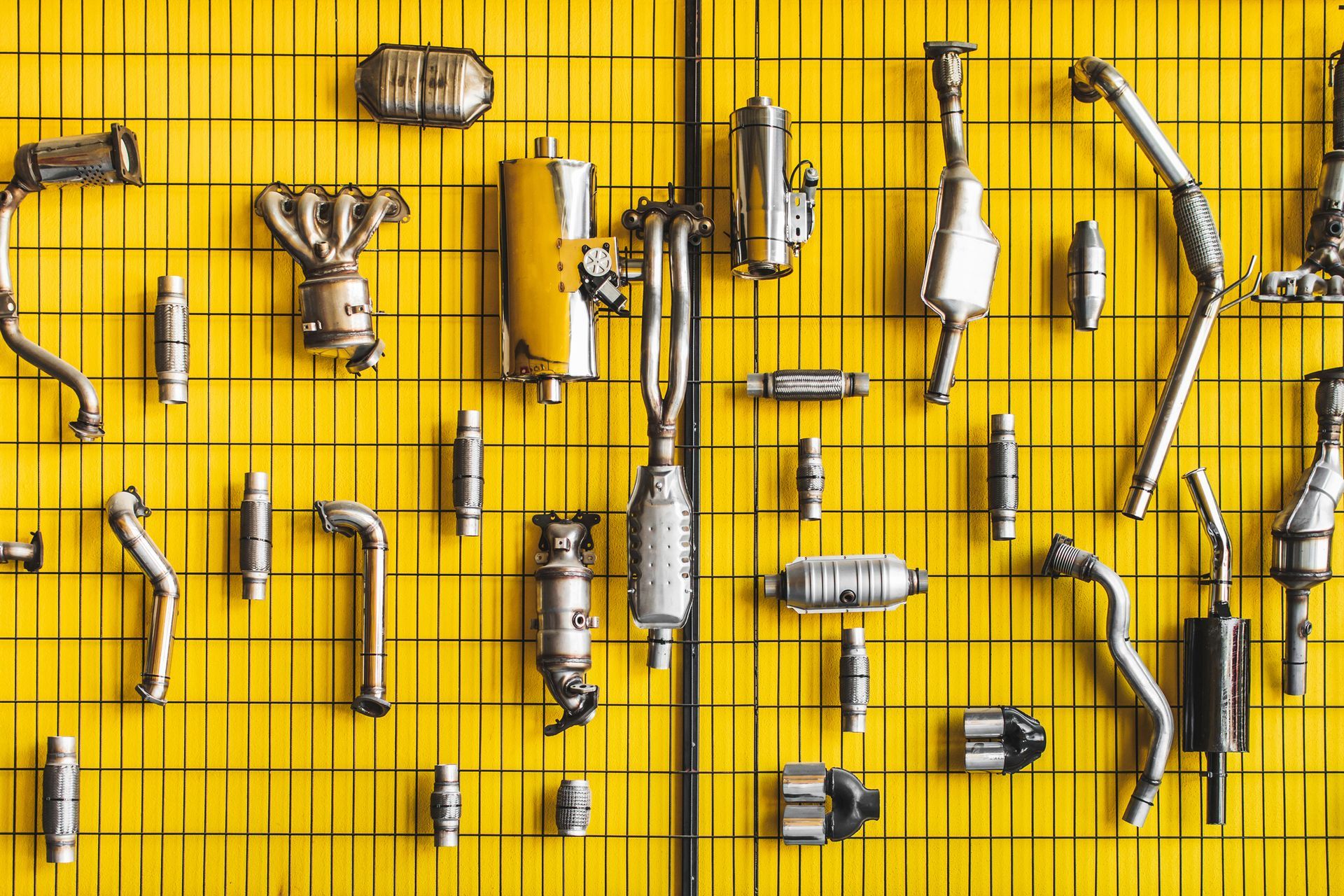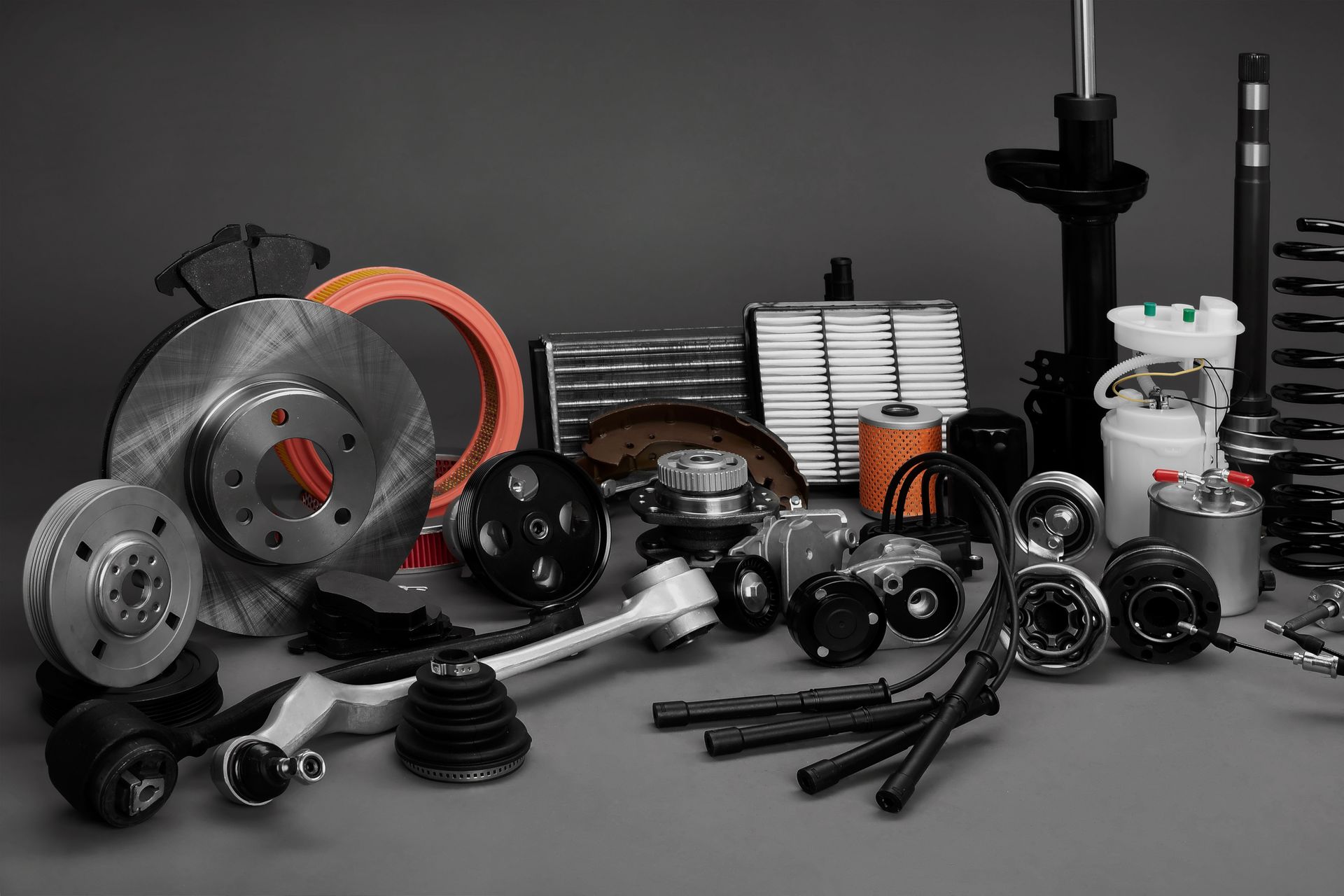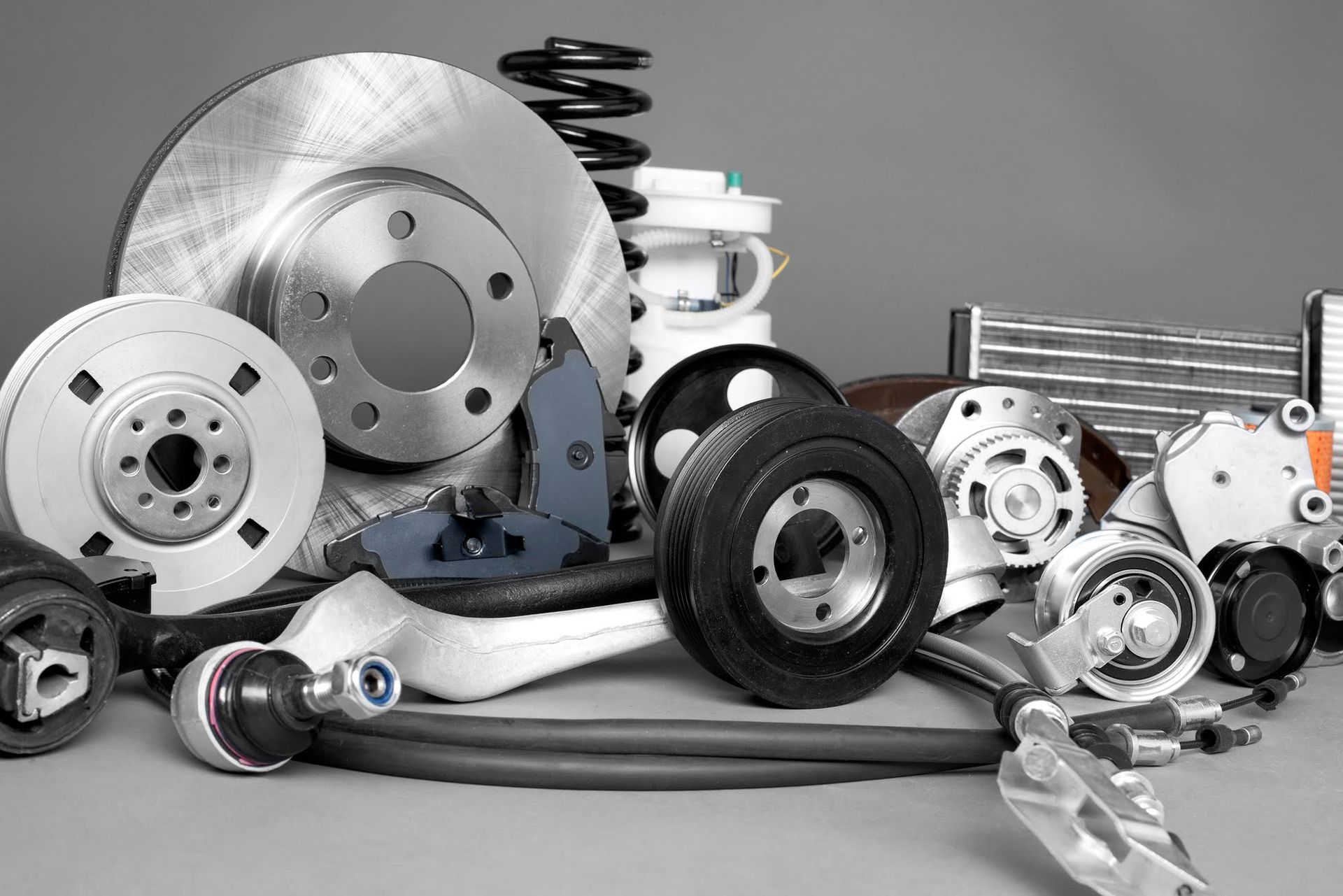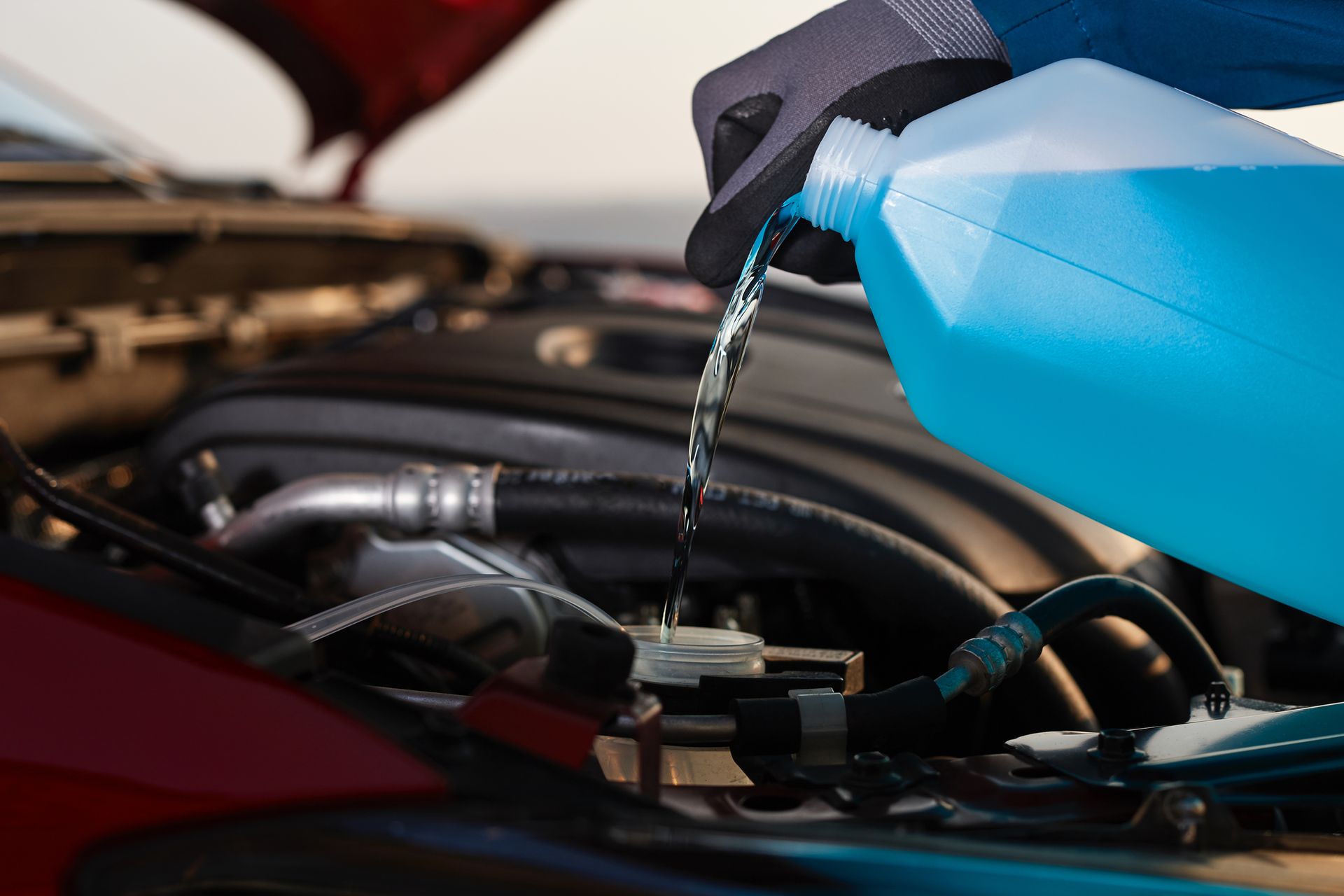6 Questions About OEM and Aftermarket Parts
What are the differences between original equipment manufacturer (also known as OEM) and aftermarket auto parts? Whether your vehicle needs new brake pads, rotors, AC components, wipers, gaskets, or anything else, take a look at what you need to know before you buy either OEM parts or aftermarket alternatives.
What Does OEM Mean?
Original equipment manufacturer parts, or OEM, are exactly what the name sounds like. The vehicle manufacturer makes these parts as replacements for worn or damaged components. While these are typically more expensive than non-OEM parts (aftermarket alternatives), they are the same parts your car originally came with. This makes OEM parts the perfect fit for your vehicle. These parts should look and work exactly like what you would expect on or in a new auto.
Are All OEM Parts New?
No. In some situations, you can buy used OEM parts. These are not aftermarket parts. Used OEM parts are the original parts made by the auto manufacturer. But, as the name says, these parts were already used in another vehicle. These parts should have the same high level of quality as any other OEM component.
Unlike new OEM parts, used components may not last as long or cost as much. Before you select this option as a way to save money, make sure the parts are in like-new or more than just fair condition.
What Are Aftermarket Parts?
Auto manufacturers do not make aftermarket parts. These replacement components may look or work similar to the original equipment — but don't come from the car, SUV, CUV, or truck maker itself. Instead, a third-party company manufactures and sells these parts. Aftermarket parts usually cost less than OEM options.
Are Aftermarket Parts Quality Components?
The answer to this question depends on the company that manufactures the aftermarket parts. A high-quality third-party manufacturer can make parts that work as well as what you might expect from OEM equipment. But this doesn't mean all aftermarket parts are equivalent to the OEM versions.
Inexpensive and poor-quality aftermarket components are available. While these are often budget-friendly, they may not fit your vehicle precisely or have the same level of durability as OEM parts. Poor fit and lack of durability can interfere with your vehicle's ability to work properly or cause other problems. This makes it important to know where aftermarket parts come from and only choose the highest quality components.
Do Replacement Auto Parts Have a Warranty?
Most OEM parts come with a manufacturer's warranty. But the same isn't necessarily true for aftermarket equipment. Aftermarket parts may have a limited or no warranty. This could potentially cost you money in pricey future replacements.
Even though aftermarket parts may not come with the same type of warranty you will find with OEM components, these items won't void your auto's manufacturer's warranty. According to the Federal Trade Commission, aftermarket and recycled parts won't void vehicle warranties. However, the original warranty won't extend to a new aftermarket part.
Which Parts Option Is Right for Your Vehicle?
OEM or aftermarket? This is a question plenty of vehicle owners have. Again, OEM parts have the same quality, look, and fit as what originally came with your auto. But these benefits often come with a higher price tag. This can make aftermarket parts a preference for anyone on a budget.
If you're not sure which option to choose when you repair your vehicle or replace components, talk to a professional. A quality auto service contractor or parts distributor can explain the differences and help you to find the best, safest, and most economical option for your vehicle.
Do you need new parts for your car, SUV, truck, or other vehicle? Contact Padco Auto Parts for more information.
